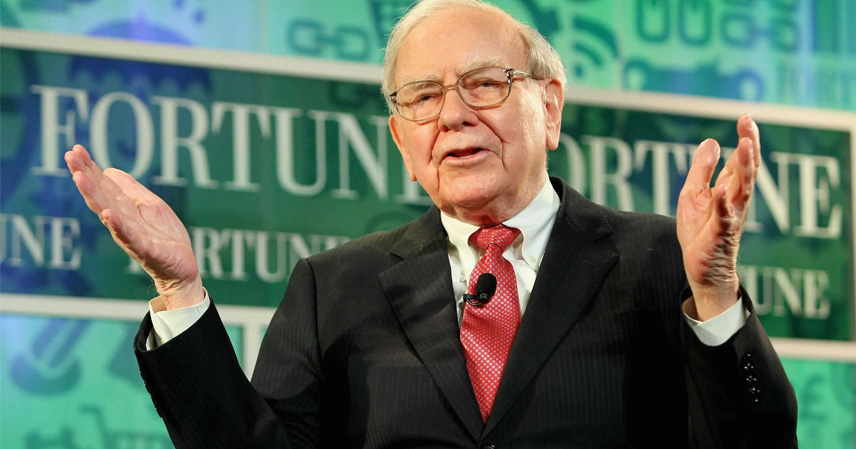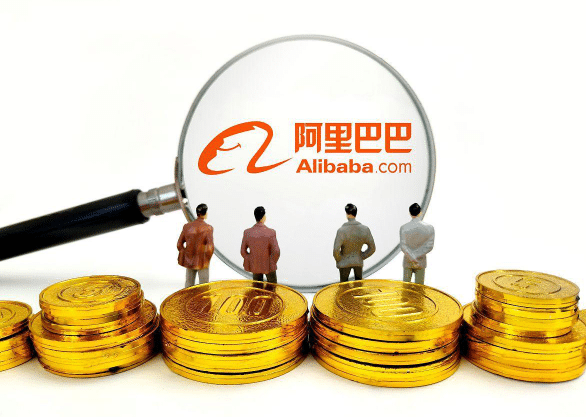In recent reports, it has been revealed that Berkshire Hathaway, led by Warren Buffett, has fully liquidated its stake in BYD. According to Berkshire Hathaway’s first-quarter financial filings, the investment value in BYD had dropped to zero as of March 31 of this year.
Buffett’s decision to exit BYD was not surprising to investors. In August 2022, Berkshire Hathaway began reducing its holdings in BYD’s H-shares. Between August 2022 and July 2024, the Hong Kong Stock Exchange had disclosed 16 separate occasions of Berkshire Hathaway selling off its BYD shares.
After July 2024, Berkshire Hathaway’s ownership in BYD had fallen below 5%. According to Hong Kong Stock Exchange rules, when an investor owns less than 5% of a company’s shares, they are no longer required to disclose further reductions. As a result, the number of times Berkshire Hathaway has continued to reduce its BYD stake after July 2024 remains unknown. However, given that Berkshire Hathaway had already started reducing its holdings, investors had already prepared themselves for the possibility of a full exit from BYD.
The news that Berkshire Hathaway has now fully liquidated its stake in BYD is not unexpected and was anticipated by the market. This development is unlikely to have a significant impact on BYD’s stock price in the secondary market.
Was Buffett’s decision to exit BYD a wise one, or did he misjudge the situation? Regardless of the outcome, this investment is still a success.
In September 2008, Berkshire Hathaway purchased 225 million H-shares of BYD at a price of HKD 8 per share. With more than 14 years of holding, the accumulated investment profit has reached 38 times. Compared to the market performance at the same time, this is a considerable return.
Among Buffett’s many stock investments, BYD stands out as one of the few companies he has held for more than 14 years. Only Coca-Cola and American Express have been in Berkshire’s portfolio for over 30 years. Even Apple, one of Buffett’s largest investments, has been held for less than 10 years.
For instance, Buffett started investing in Apple in 2015 and 2016. Since then, he significantly increased his stake, and Apple became Berkshire Hathaway’s largest holding. However, since 2023, Buffett has started selling off Apple shares, with significant reductions in 2024 and 2025. From the time of the initial investment to the large-scale sell-off, this process has taken less than 10 years. In contrast, Buffett’s holding period for BYD is longer, and the reductions have been more gradual.
Why Did Buffett Choose to Exit BYD?
There are several potential reasons for Buffett’s decision to fully liquidate his stake in BYD.
1. Providing More Capital for Succession: Buffett may be reducing some of his more profitable investments to free up capital for the company’s future leadership, giving them more room for strategic flexibility.
2. Finding More Cost-Effective Investment Opportunities: Buffett might have found more attractive investment targets, and by selling off his profitable holdings, he could be reallocating capital into higher potential investments to achieve higher returns.
3. Focusing on U.S. Markets: Buffett might be concentrating more on the U.S. stock market, divesting from non-U.S. assets and focusing on more concentrated fund management to improve capital efficiency.
Buffett’s decision to exit BYD should not be seen as a lack of confidence in the company’s prospects. Instead, it might be driven by a search for more cost-effective assets or a strategy to provide more funds for his company’s future leadership.
While Buffett is famously known as the “Oracle of Omaha,” he is not infallible in his investments. For example, despite selling large quantities of Apple stock, the current price of Apple is still much higher than the price at which Buffett sold his shares. Similarly, his investments in Kraft Heinz and Occidental Petroleum have delivered relatively low returns over the years.
Therefore, there is no need for investors to overanalyze Buffett’s decision to exit BYD. Given that this move was anticipated by the market, its impact on BYD’s stock price is expected to be limited.
Buffett may not be immune to mistakes, but his 14-year investment in BYD, with a 38-fold return, is undoubtedly a successful trade. Even if BYD’s stock price continues to rise, Buffett’s investment in the company has already proven to be a highly successful one.
References:
- Berkshire Hathaway Quarterly Filings, Q1 2024



